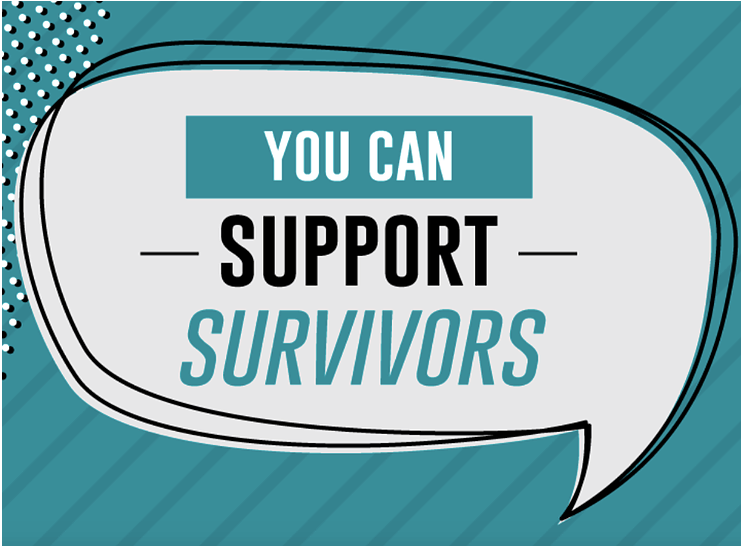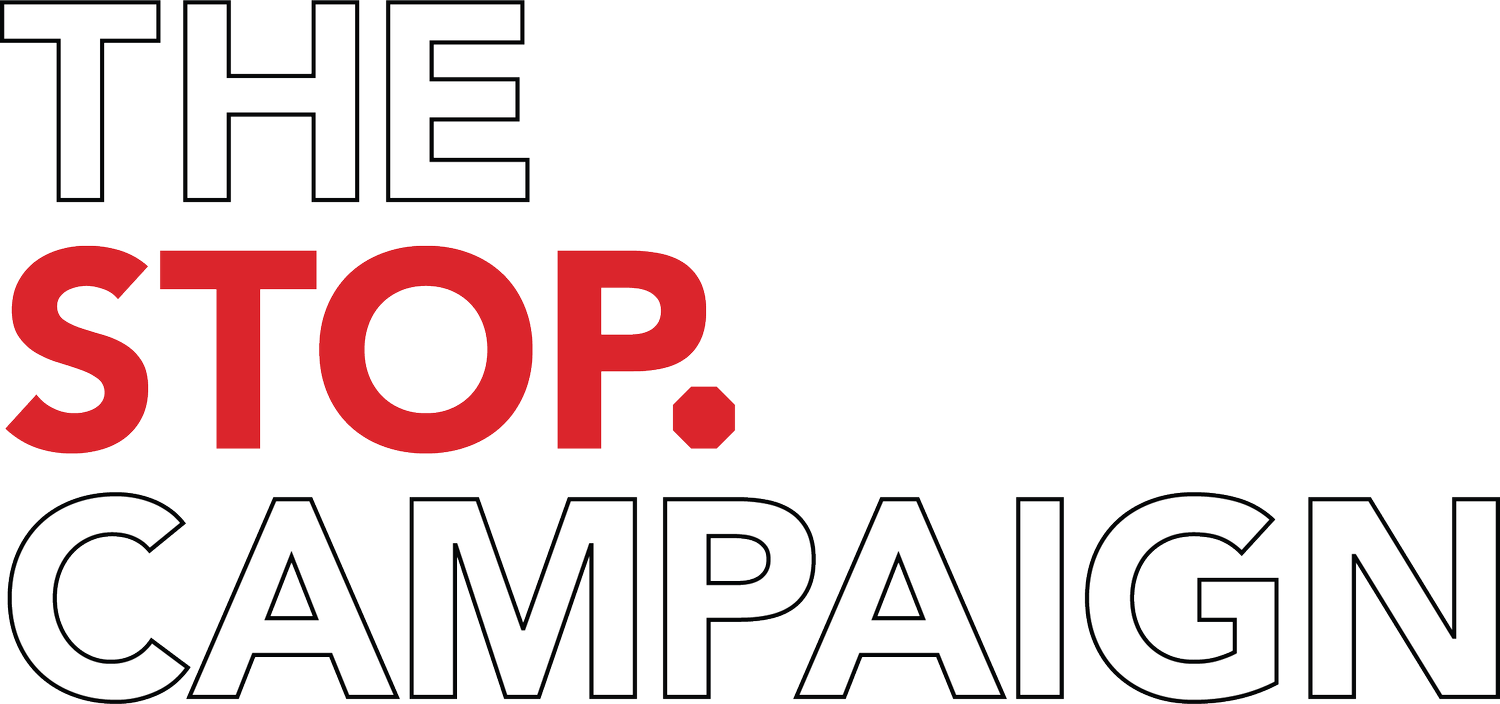We can all make a difference: This is how.

A couple of weeks ago, at a Stop Campaign event, I spoke to a student and wasn’t really surprised to hear him say: “What’s the point of all this? Nothing’s ever going to change, right?” As a survivor myself, I know exactly where he’s coming from.
The #MeToo movement has provided survivors with countless stories we can relate to: of sexual harassment and violence, of being denied justice by the legal system, of not being believed. From Dylan Farrow to Terry Crews, these stories may make us feel less alone, but the reaction to them can be exhausting, triggering and silence survivors. It’s hard to imagine why anyone would bother coming forward after witnessing the backlash surrounding the Aziz Ansari case. It’s easy to see why, after seeing article upon article about “how men are afraid to flirt with women anymore”, we might even feel guilty for coming forward. We are warned over and over again not to be “slutty” because if we are ever assaulted, our sexual histories are carefully combed through. We are told to avoid certain hobbies and careers lest they be seen as signs that we are “deserving” of sexual violence. We are given hundreds of guidelines outlining how to behave, look and act to avoid being assaulted, and then laughed at or seen as paranoid when we follow them.
These aspects of rape culture, all of which silence survivors, are not new. But there are ways in which we as individuals can create a shift in this victim-blaming culture:
Stop laughing at rape jokes. Yeah, even from that one friend who’s “actually a really nice person and would never actually hurt anyone”. They. Already. Are. The second your friend starts making rape jokes, they’re helping to perpetuate rape culture. They’re taking the side of the perpetrator and making light of a criminal act, at the expense of the survivor. Shut it down.
Also, talking about consent and calling out problematic behaviour or words in the people around you. If someone tells you that what you’re saying or doing is making them uncomfortable, apologise and change. If someone tells you your friend is being a creep, don’t tell them they’re “overreacting”. I cannot even begin to count the number of times I’ve seen this happen within the student community. Let’s also get rid of the phrase “I raped that…” in the gaming context. This phrase trivialises a word that holds a lot of weight.
Stop slut-shaming and objectifying women. It does not matter how many people someone has slept with, or how “hot” they are, or what they’re wearing. There is nothing about a survivor’s actions, physicality or personality that should ever be used to mitigate the actions of a perpetrator.
Stop supporting shows, movies, artists and people that do. We need to become more media literate. We need to watch where our money and our time are going. I don’t care how talented your favourite actor or singer is, or how influential and lengthy some politician’s career has been. If they assaulted someone, they should suffer the consequences for the rest of their life. The same damn way that survivors do.
Become an effective bystander. Look out for your friends when you go out. Look out for people you don’t know when you go out. If it’s safe for you to intervene in a situation, do so. If it’s not, go get help. Remaining neutral in a situation or turning a blind eye means putting yourself on the side of the perpetrator.
Listen to survivors. Believe them. So often, survivors are seen but not heard. We are viewed as statistics. We are viewed as just victims. We are so much more than that, and we have voices. Listen to them.
In a world where survivors often feel distrustful of the police, legal system and the media, the people around us are sometimes all that we have. It might be uncomfortable to talk about, but the only alternative is to continue to live in a country where survivors are silenced, and perpetrators are allowed to continue on with their lives.
Personally, I’m getting pretty damn tired of living in that kind of world. Aren’t you?
- Mina Khoshnevisan
